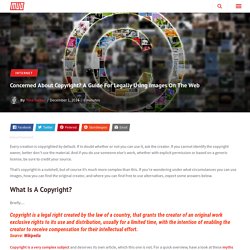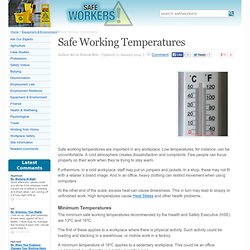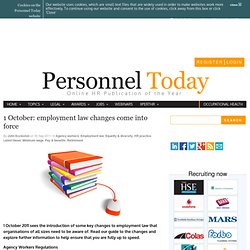

Edit Your Details - FENews.co.uk. Concerned About Copyright? A Guide For Legally Using Images On The Web. Advertisement Every creation is copyrighted by default.

If in doubt whether or not you can use it, ask the creator. If you cannot identify the copyright owner, better don’t use the material. And if you do use someone else’s work, whether with explicit permission or based on a generic license, be sure to credit your source. That’s copyright in a nutshell, but of course it’s much more complex than this. What Is A Copyright? Briefly… Copyright is a legal right created by the law of a country, that grants the creator of an original work exclusive rights to its use and distribution, usually for a limited time, with the intention of enabling the creator to receive compensation for their intellectual effort.Source: Wikipedia Copyright is a very complex subject and deserves its own article, which this one is not.
In essence, everything someone creates is automatically copyrighted. If in doubt, ask for permission to use the work. How To Find The Original Creator & Copyright Owner Google Image Search. £200,000 Fine for Data Protection Breach. On Film – 3D Digitisation and Intellectual Property Rights. Safe Working Temperatures. Author: Kevin Watson MSc - Updated: 21 January 2014| Comment Safe working temperatures are important in any workplace.

Low temperatures, for instance, can be uncomfortable. A cold atmosphere creates dissatisfaction and complaints. Few people can focus properly on their work when they’re trying to stay warm. Furthermore, in a cold workplace, staff may put on jumpers and jackets. At the other end of the scale, excess heat can cause drowsiness. Minimum Temperatures The minimum safe working temperatures recommended by the Health and Safety Executive (HSE) are 13ºC and 16ºC. The first of these applies to a workplace where there is physical activity. A minimum temperature of 16ºC applies to a sedentary workplace. Maximum Temperatures Despite the difficulties associated with hot working environments, there is no legal maximum safe working temperature. The Trades Union Congress (TUC) has gathered many examples of the effect of high temperatures.
Recommendations Controlling High Temperatures Title: Facebook to Identify Abusive Account Holders > JISC Legal > View Detail. 10 Legal Risks of Using Twitter. eLearning Tools-Resources-etc. eLearning Tools-Resources-etc. eLearning Tools-Resources-etc. Choose a License. eLearning Tools-Resources-etc. UK firms should show awareness of EU cookie law to avoid a fine, says expert - 17 May 2012. UK organisations that are not yet compliant with the EU cookie law should show some awareness of the new legislation to avoid hefty fines, according to Kim Walker, partner at law firm Thomas Eggar.

The law is enforceable in the UK from 26 May and is part of the EU Directive on Privacy and Electronic Communications. It means that websites will need to obtain users' opt-in consent before installing cookies that pass on information about browsing activities to third parties. Walker advised businesses to carry out an audit of the cookies their websites serve. "We're suggesting that businesses should put something on their website to show that they are carrying out an audit. This would enable them to check what cookies are actually being used, if there are any that are not needed and can be discarded, and to understand why they are being used in the first place," she explained.
Online Education Now Counts As Court-Ordered Community Service. Copyright Law and Fair Use. 1 October: employment law changes come into force. 1 October 2011 sees the introduction of some key changes to employment law that organisations of all sizes need to be aware of.

Read our guide to the changes and explore further information to help ensure that you are fully up to speed. Agency Workers Regulations From 1 October, agency workers will be entitled to be treated equally to employers’ directly recruited employees on basic employment conditions, such as pay and holidays, after they have worked in a role for 12 weeks, under the Agency Workers Regulations 2010. In addition, from the first day of their assignments, agency workers will be entitled to the same access to job vacancies and collective facilities as permanent members of staff, such as staff canteens, childcare facilities and transport services. Read Personnel Today’s guide to the five things employers need to know about the Agency Workers Regulations. For more information, see XpertHR’s policies and documents on temporary workers. National minimum wage increase.